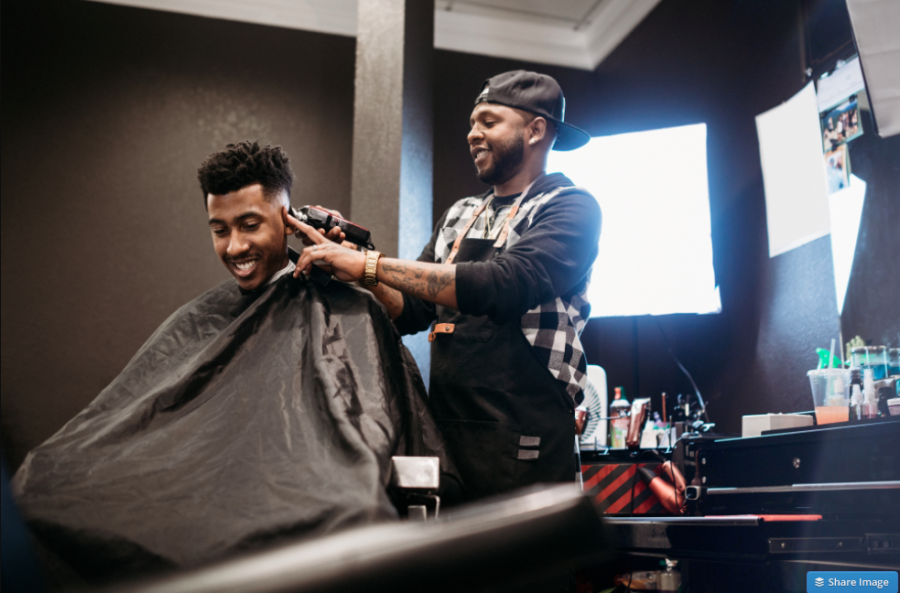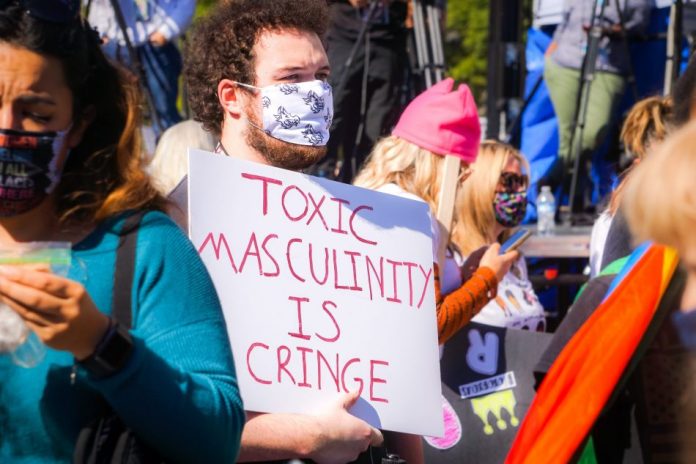Recent surveys have shown that South African men face one of the worst life expectancies globally, ranking 167th out of 193 countries and the Men’s Foundation of South Africa says “toxic masculinity” is the main driver behind this.
The foundation has therefore issued an urgent call to action on addressing the toxic masculinity in the country as it continues to fuel stigma around men’s health issues, including mental health and prostate cancer.
Men’s Foundation SA CEO Garron Gsell urged the public and policymakers to swiftly address these life-threatening conditions.
“Toxic masculinity is one of the most pervasive issues affecting men in South Africa today,”
According to Gsell, this narrative is dangerous and tells men to prioritize toughness, stoicism, and dominance over their well-being. This has devastating consequences, particularly when it comes to seeking help for physical and mental health concerns.
“We need to dismantle these stereotypes that put pressure on men to suffer in silence.”
Despite significant public health challenges, such as many transmittable diseases, Gsell adds that men’s low life expectancy cannot solely be attributed to diseases.
“We know AIDS has severely affected life expectancy in South Africa, but what’s alarming is that even with AIDS being twice as prevalent among women, men still fare far worse.”
In a statement, the foundation noted the difference between the two genders is a combination of stigma, neglect, and a failure to seek help.
Men’s health concerns: Prostate cancer and mental health
Prostate cancer, although treatable when detected early, continues to claim more lives than breast cancer in South Africa.
According to Gsell, prostate cancer is more deadly than breast cancer, not because the disease is inherently more dangerous, but because men are less likely to take preventative action.
“The lack of screenings and the reluctance to talk about these issues are rooted in the stigmas around masculinity.”
An equal concern in men’s health is the concerning issue of the mental health crisis. According to Gsell, every day, 21 South Africans take their own lives – 17 of them are men.

“This isn’t just a South African issue; it’s global. But the reality is that men in our country are more likely to suffer in silence because of the stigma attached to seeking help.”
Many researchers believe that creating informal safe spaces where men feel comfortable opening up about their challenges and feelings could be a solution to this. Informal spaces would include places where men typically go like barbershops, gyms and bars.
The Men’s Foundation SA suggest that training barbers and other professionals with basic counselling skills could dismantle the stigma surrounding men’s mental health.
“Barbers, personal trainers and barmen can serve as first-line confidants, encouraging men to seek professional help when necessary.”
Gsell says this could be a simple but impactful way to create a safe space for men to talk.
For more information or to support the Men’s Foundation’s upcoming initiatives, visit brovember.co.za.
READ MORE: DHL Stormers Support Blood Cancer Awareness


